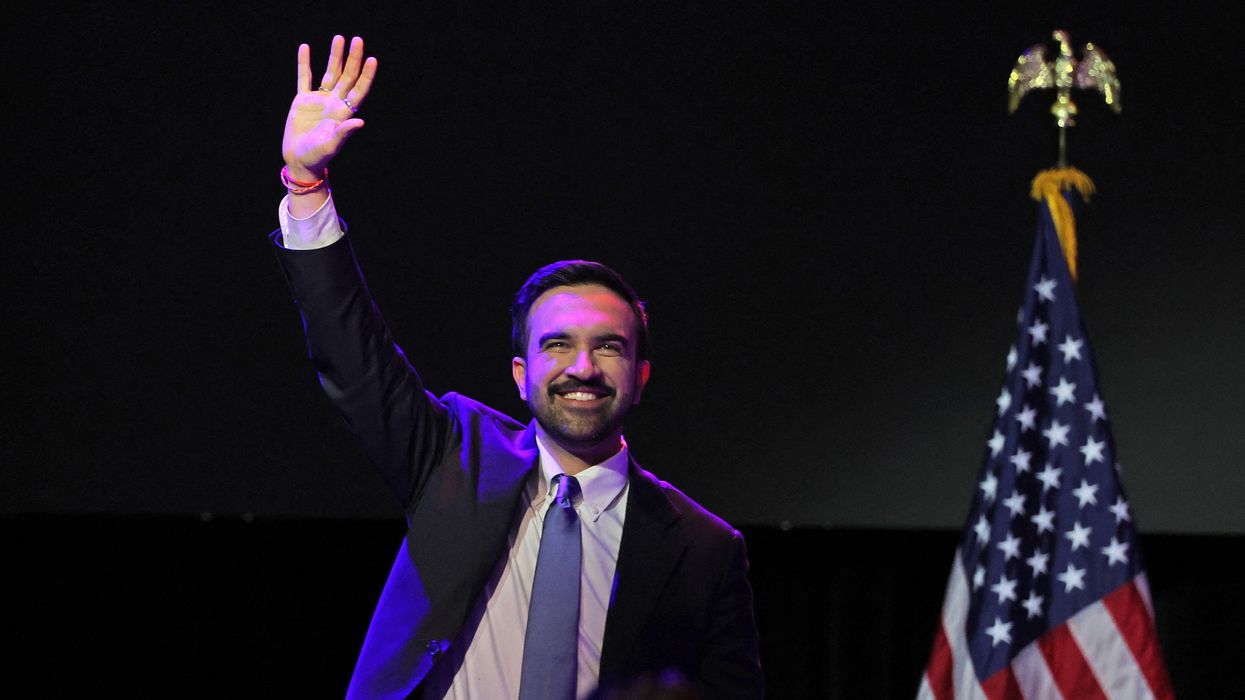LEVELS of racism in the NHS are unacceptable, the president of the Royal College of Psychiatrists has warned, as he cautioned that institutional racism “harms patients and drives psychiatrists and other health practitioners out” of the health service.
In his valedictory address as president, Dr Adrian James also criticised employers of being “too slow to act” against the abuse experienced by mental health workers.
Addressing the college’s International Congress in Liverpool, James said, “Institutional racism is rife in society and the NHS is not immune. We see its pernicious effects on colleagues who are leaving the NHS in droves.
“It can be seen in the unfair ethnic pay gaps, in the disparities in disciplinary processes and in the glass ceiling that stops doctors from minoritised ethnic backgrounds securing management positions.
“Tackling racism in the workplace is key to recruiting and retaining psychiatrists and other health practitioners.”

He added, “There is absolutely no place for racism in today’s society. It is a stain on the NHS. It damages mental health and makes existing mental illness worse. It destroys lives – the lives of patients and colleagues. The NHS has a moral, ethical and legal duty to do much more to stamp out racism in all its forms.”
James’s remarks come as Eastern Eye reported last week that racism within the NHS contributes to costing the health service an estimated £2.3 billion a year. The former head of the British Medical Association (BMA), Dr Chaand Nagpaul, told Eastern Eye that racialdiscrimination also led to patient safety being compromised.
A recent BMA survey said racism is “widespread” within the medical workforce. More than three quarters (76 per cent) of respondents experienced racism in their workplace at least once in the past two years, the survey showed.
Nagpaul said, “Racism is not only wrecking the lives of thousands of healthcare practitioners daily, but also threatening patient care and services, with one third of ethnic minority doctors having left or are considering leaving work and 16 per cent off sick due to racist experiences.
“You have highly skilled doctors who can do so much, but who are prevented from being at their best for the public.
“The population, patients, are being denied.”
The Royal College of Psychiatrists is calling on employers across the UK to act against racism.
A recent survey of college members found six in ten (58 per cent) doctors from minority ethnic backgrounds have faced overt or covert racism at work.
Over a quarter (29 per cent) of those who experienced racism said it affected their health and four in ten (41 per cent) said it had an impact on patients or carers.
NHS data also shows doctors from minoritised ethnic backgrounds are paid seven per cent less on average than comparable white colleagues.
The NHS Medical Workforce Race Equality Standard report (PDF) also found doctors from minoritised ethnic backgrounds make up 41.9 per cent of the medical workforce in England but just 20.3 per cent of medical directors.
In 2022, the Mental Welfare Commission Scotland published an extensive report which found almost a third of doctors reported they had seen or experienced racism directed at their NHS colleagues.
The Royal College of Psychiatrists has launched Act Against Racism – a campaign calling on mental health employers across the UK to adopt 15 actions to tackle racism in the workplace. The guidance includes a step-by-step guide with practical examples on how to address institutional and interpersonal racism.
James said, “Our Tackling Racism in the Workplace guidance will help every mental health employer in the UK to ‘Act Against Racism’ at a strategic and systemic level.
“It provides clear, measurable actions for employers and implementation guidance. It shows employers how to recognise and respond to instances of discrimination on racial and ethnic grounds and signposts them to sources of support within and outside their own organisation.”















